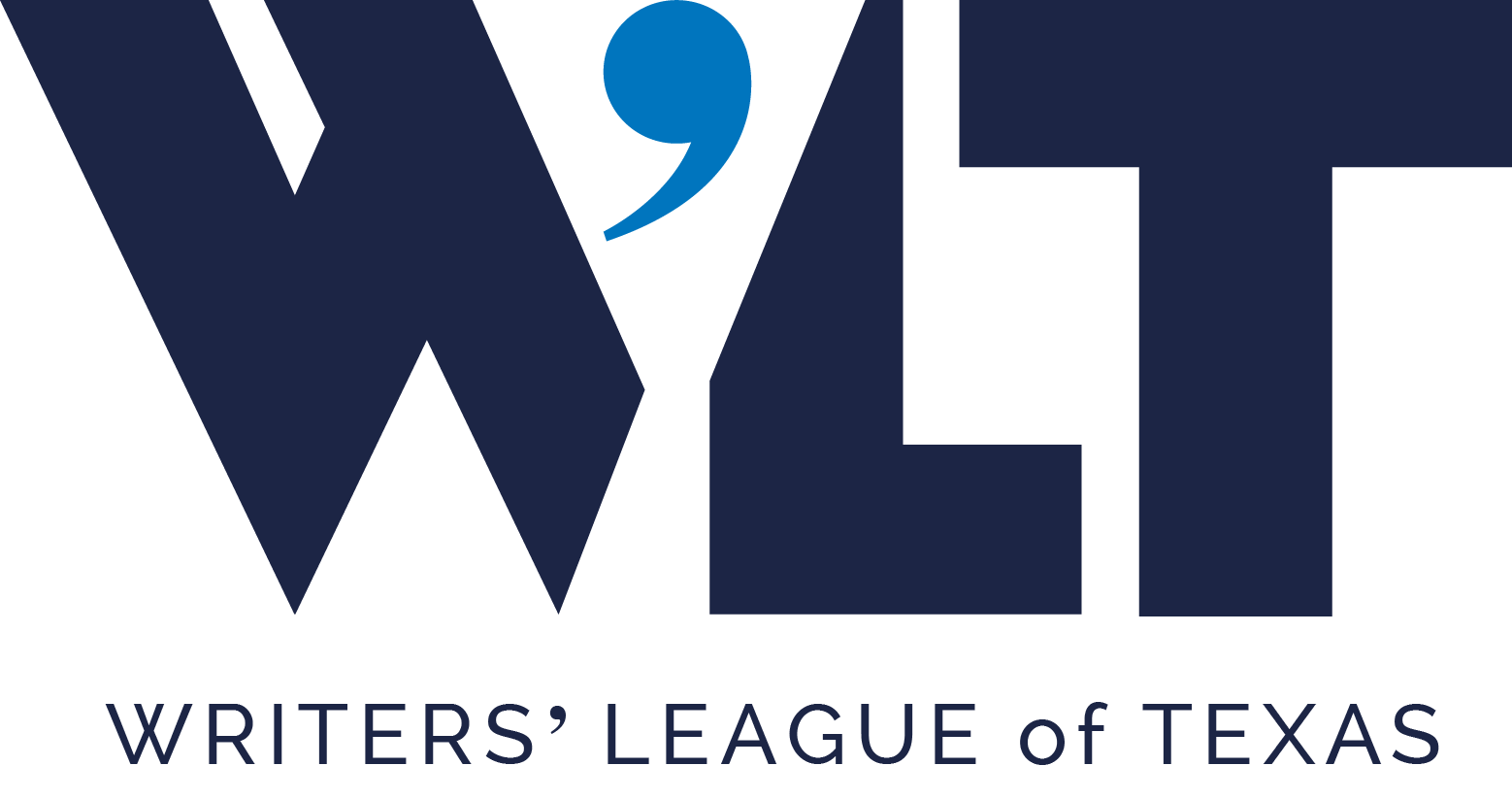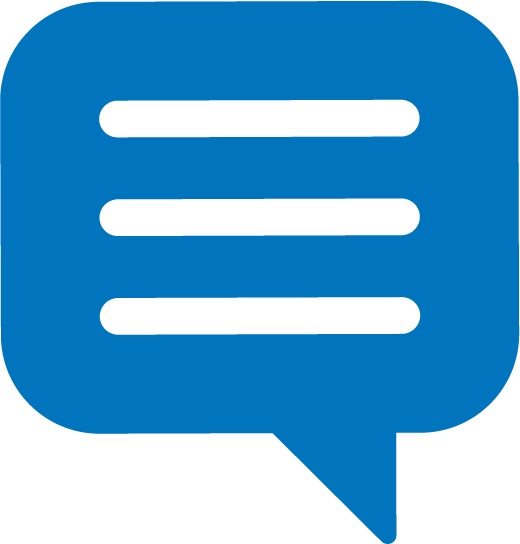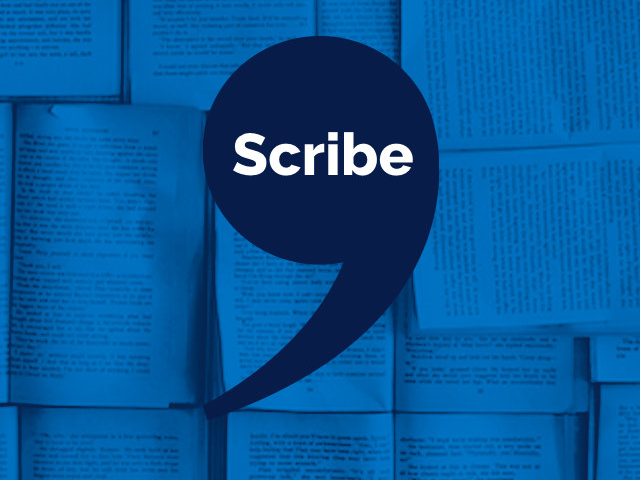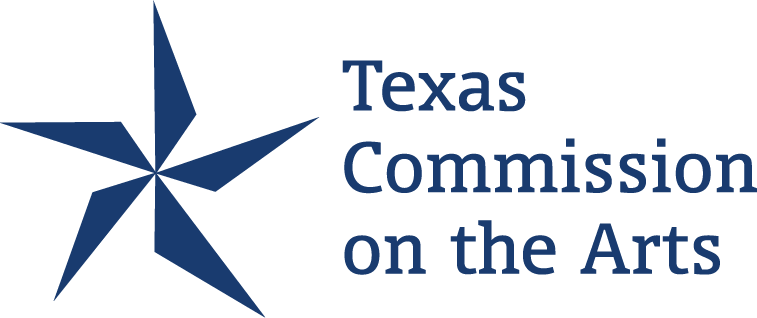The 2011 Agents Conference line-up is shaping up quite nicely with agents and editors from all over the country and representing all types of works. Editor Jerry Gross, with the Independent Editors Group, is one of our editors coming to the upcoming conference and our featured editor for today’s Q&A!
 How did you get started in publishing?
How did you get started in publishing?
I began as a first reader of manuscripts for Henry Simon of Simon and Schuster, which meant I read unsolicited manuscripts stacked up in my cubical. The stack was known as The Slush pile. My job was to write rejection letters, or just send a form rejection letter. Very, very infrequently I found something worthy enough to the God or Goddess above me called THE ASSISTANT EDITOR. (Publishing is as hierarchical as the military.)
What’s the average number of submissions you receive in a month?
I was an acquisition editor in the first half of my editorial career, but for the second half I have been a Freelance Editor/Book Doctor, which means I am always looking for submissions of projects that I like enough to want to work with their authors to improve them—and of course who will hire me for my editorial expertise.
If you could give writers one small piece of advice about the world of publishing, what would it be?
The publishing world moves with the pace of an aged turtle on life support, so be sure that you have great patience, great self-confidence and an ego as strong as a rhinoceros’s hide.
What was your first acquisition?
Frankly it was so long ago that I can’t remember what it was. Although I do remember the first time I learned how to write my name in cursive so I could have my own library card, and the first time I—to put it delicately– “became a man.” These two earthshaking events occurred much earlier than the day I made my first acquisition as an editor.
What do you love most about your job?
I love the fact that no two manuscripts are the same; I love the fact that my mind, imagination and editorial expertise are constantly challenged and stimulated. And I love the opportunity to be creative in solving the problems I find in any given manuscript. Lastly, though I work alone (as do writers, of course), I delight in the relationships with the writers I work with that often lead to genuine friendships.
What is something that you often see beginning writers doing wrong?
FICTION WRITERS: Not taking courses, or reading books, on how to structure a novel, not knowing how to create believable characters—especially a hero or heroine, using two or more adjectives in the mistaken idea that multiple adjectives add more color and strength to one’s style– they don’t. In fact, they do just the opposite.
NONFICTION WRITERS: Not surveying the market before starting the book and making sure that your book will be better or more up to date or contains a new approach with new information about the topic of the book, and not deciding it you are writing for a readership of experts or a lay readership.
Are you a writer yourself? And if so, what do you write?
I am the Editor of Editors on Editing: What Writers Need To Know What What Editors Do. It is the standard, classic work on the topic, an anthology of forty essays by America’s leading editors on all aspects of the editor’s art. Now in its third revision, it is used in publishing courses, creative writing courses, writers’ groups and is sold at writers conferences across our country. It is also used throughout the English-speaking world and in China and Taiwan.
What is a little known fact about yourself?
Many years ago I created the editorial template for a category of paperbacks called gothic romances. I also worked with the art director of the company I was with to create the format of the covers on all these Gothic Romances and Gothic Suspense novels
What book are you reading right now?
Right now I am not reading a book, I am too busy meeting the deadlines on books I am editing and critiquing for my authors. But when I will be able to take a break, I will want to read the latest noel by Alan Furst, who I consider to be a better writer of espionage than John Le Carre. And I want to read the new book about Jackie Kennedy’s years as a Doubleday editor.
If you could have a beer or coffee with a literary luminary living or dead, who would it be and why?
Charles Dickens to try to learn the secrets of his amazing and enduring gifts of characterization and plotting.
Beer or coffee?
Coffee.









